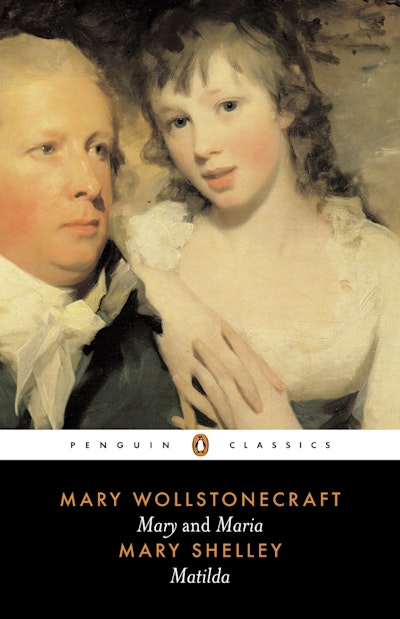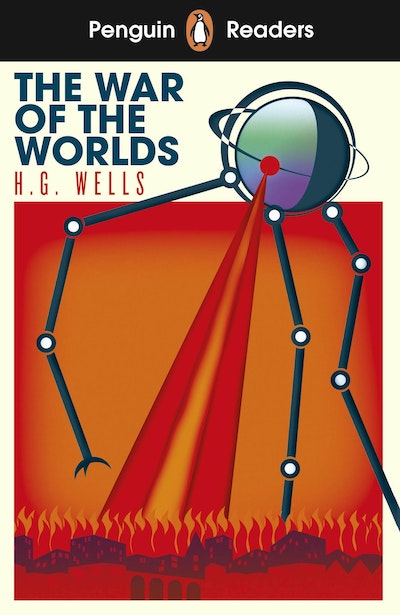- Published: 15 June 2005
- ISBN: 9780141441047
- Imprint: Penguin Classics
- Format: Paperback
- Pages: 576
- RRP: $26.99
The Shape of Things to Come
Rediscover H.G. Wells - what does he mean to you?
When Dr Philip Raven, an intellectual working for the League of Nations, dies in 1930 he leaves behind a powerful legacy - an unpublished 'dream book'. Inspired by visions he has experienced for many years, it appears to be a book written far into the future: a history of humanity from the date of his death up to 2105. The Shape of Things to Come provides this 'history of the future', an account that was in some ways remarkably prescient - predicting climatic disaster and sweeping cultural changes, including a Second World War, the rise of chemical warfare, and political instabilities in the Middle East.
- Published: 15 June 2005
- ISBN: 9780141441047
- Imprint: Penguin Classics
- Format: Paperback
- Pages: 576
- RRP: $26.99
Other books in the series
About the author
English novelist, journalist, sociologist, and historian, whose science fiction stories have been filmed many times. WELLS’ best known works are THE TIME MACHINE, one of the first modern science fiction stories, THE INVISIBLE MAN, and THE WAR OF THE WORLDS. Wells wrote over a hundred of books, about fifty of them novels.
H.G. Wells was born in Bromley, Kent, in 1866. After an education repeatedly interrupted by his family’s financial problems, he eventually found work as a teacher at a succession of schools, where he began to write his first stories.
Wells became a prolific writer with a diverse output, of which the famous works are his science fiction novels. These are some of the earliest and most influential examples of the genre, and include classics such as The Time Machine and The War of the Worlds. Most of his books very well-received, and had a huge influence on many younger writers, including George Orwell and Isaac Asimov. Wells also wrote many popular non-fiction books, and used his writing to support the wide range of political and social causes in which he had an interest, although these became increasingly eccentric towards the end of his life.
Twice-married, Wells had many affairs, including a ten-year liaison with Rebecca West that produced a son. He died in London in 1946.






























































































































































































































































































































































































































































































































































































































































































































































































































